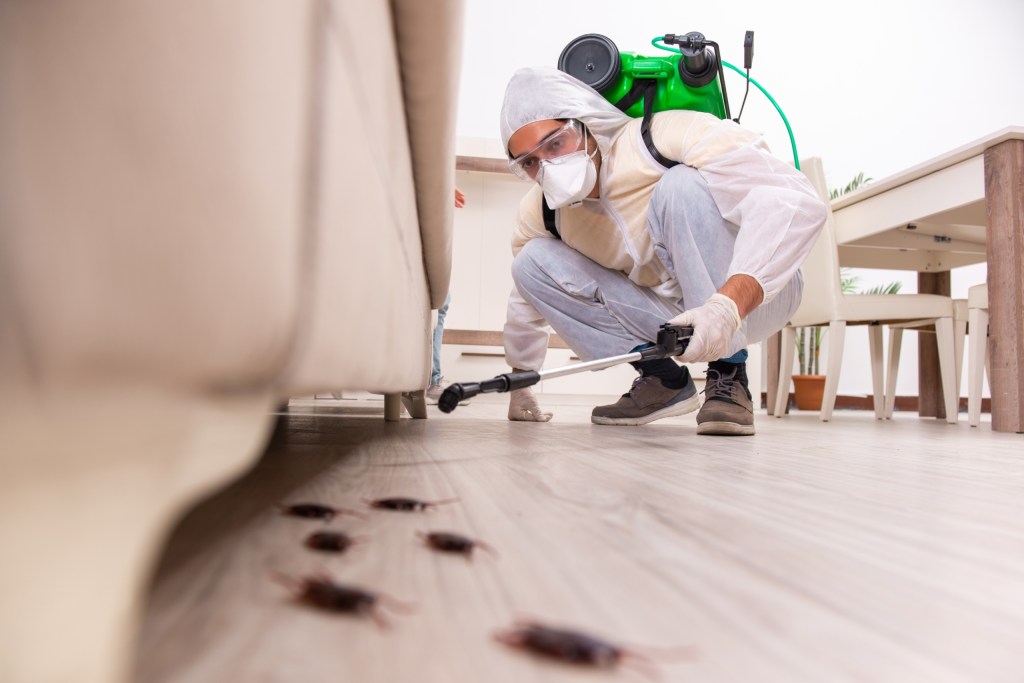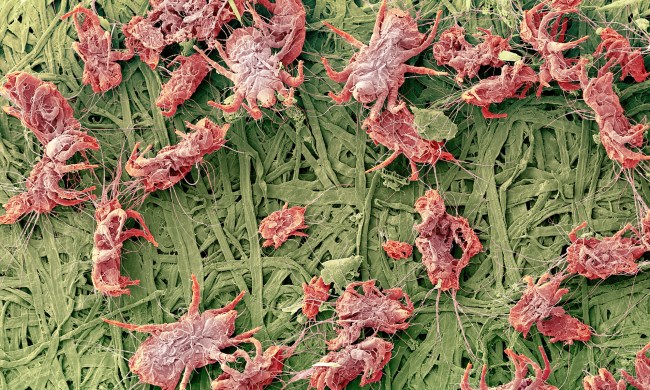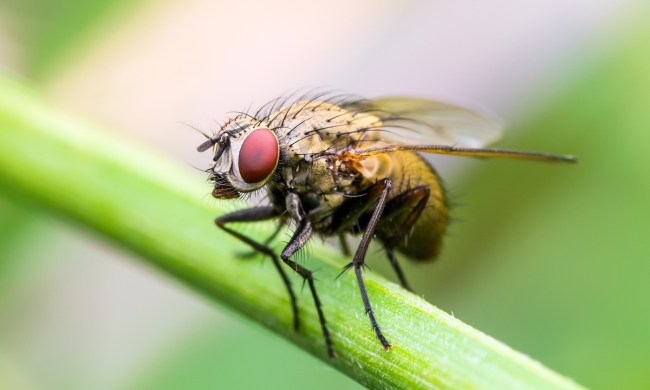A pest problem in your home, whether it’s rodents, birds, or insects, can really test your patience. Many invading pests are not only annoying to deal with, but some can damage your property and others pose serious health risks to you and your family. While there are all sorts of DIY solutions to pest problems, there comes a time when you need the services of a pest control professional.

When is it time to hire a professional?
Using DIY pest control products is certainly more affordable than hiring an expert, but these remedies are only effective for superficial problems. Consider the severity of your pest problem and the type of pests you’re dealing with before going forward with pest control solutions you picked up from the department store.
Consider how big your pest problem is
If you have a significant infestation on your hands, sprays and traps from the home improvement store may be ineffective. To determine how big of a problem you’re dealing with, look for the tell-tale signs of infestation.
- You see the pests frequently. If you’re seeing living cockroaches around your house, for example, this means that their hidden nest has become populated enough that individual roaches are being forced out into the open.
- You’ve found nests. If the pests have built their own home on your property, the problem is a big one. This means the pests aren’t just roaming through your house looking for food. They’ve set up camp and will start breeding soon if they haven’t already.
- There is damage to your property. When there’s visible damage to your food boxes, wood paneling, carpeting, or walls, there’s likely a large number of pests in and around your home. They probably have a nest somewhere on site and eradicating them on your own will be difficult.
Consider the type of pest
Some pest problems are safe to treat on your own, while others can be dangerous to deal with yourself. Getting rid of bees or wasps, for example, can put you in harm’s way. Additionally, some pests, like certain birds, are protected species, so you need to hire experts that know how to remove the animals without hurting them.
Have your DIY attempts failed?
If you’ve already tried all of the recommended home remedies for your pest problem without success, it’s definitely time to call in the professionals. The longer the critters survive, the more they breed and the more involved their eradication will be. There are a couple of reasons your DIY attempts may be failing.
- You haven’t located and addressed the source. If you’re only killing individual pests and not addressing the source of the problem, like the nest, colony, or entry point in your home, the critters will keep coming back with a vengeance. Pest professionals, however, have methods of locating and eradicating the source to exterminate them for good.
- Your pest problem is bigger than you know. It’s not always easy to tell how bad the pest problem is, and if the pests keep popping back up, it may be because there are more critters lurking around your home than you know of. A pest control professional can examine your home, determine how big the problem is, and develop an appropriate treatment plan.

Benefits of hiring pest control professionals
While DIY pest control products may seem like the easiest and cheapest route to addressing your pest problems, calling in the experts will give you some peace of mind.
- They save you time. Using DIY pest products take a lot of time and effort on your part, especially if they aren’t effective the first time around. Professionals can eradicate the pests with rapid treatment methods, and they’ll be in and out of your house in a few hours.
- Confidence in complete eradication. Since DIY treatments often fail the first few tries, you’ll likely see those pests coming back time and time again. Professional treatments can get rid of pests efficiently and completely within a single visit.
- Ensure the pests stay away. Pest control professionals eradicate your pest problem and can also schedule preventative services that will ensure your home stays pest-free going forward.
Dealing with pests in your home can be an arduous, stressful, and expensive ordeal. If your minor problem has become a full-blown infestation, it may be time to call in the pros. While sprays and traps are efficient solutions to handle a few stay bugs that found their way into the home, turn to the experts who will keep your home bug-free.



